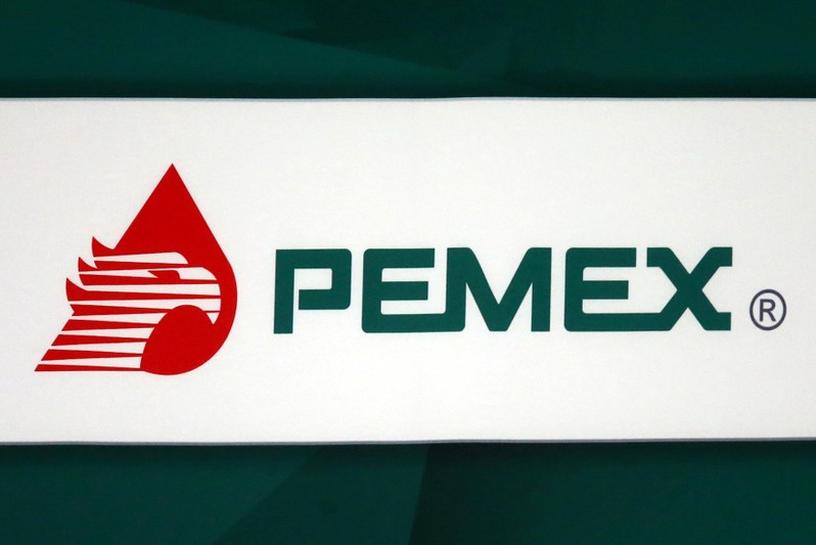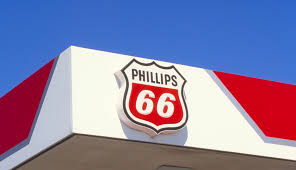 Sam Ikeotuonye, with agency reports
Sam Ikeotuonye, with agency reports
Lagos — Cairo, Egypt-based African Export-Import Bank or Afreximbank is tapping oil traders to finance a $3 billion loan to Nigeria’s state oil company NNPC Limited aimed at supporting the naira and stabilising the foreign exchange market.
The naira hit an all-time low of 1,000 to the dollar on the black market on Tuesday.
Reuters report cited three sources as confirming that Afreximbank is tapping oil traders to finance the $3 billion loan to the Nigerian National Oil Company Limited.
Afrexim approached traders in recent weeks seeking their interest in funding the oil-backed loan, the news agency quoted the sources as saying. It is working to craft terms to offer to the trading houses, it added.
An NNPC spokesman did not respond to a request for comment. Afrexim did not immediately comment.
The NNPC, in announcing the deal with Afreximbank, had said in August: “The NNPC Limited and Afreximbank have jointly signed a commitment letter and term sheet for an emergency $3 billion crude oil repayment loan.
“The signing, which took place today at the bank’s headquarters in Cairo, Egypt, will provide some immediate disbursement that will enable the NNPC Limited to support the federal government in its ongoing fiscal and monetary policy reforms aimed at stabilising the exchange rate market.”
During his confirmation hearing at the Senate on Tuesday, the then incoming governor of the Central Bank of Nigeria, CBN, Olayemi Cardoso, said clearing unsettled foreign exchange obligations to local lenders, which could be as high as $7 billion, was his top priority.
The backlog is limiting the availability of dollars on the official market, forcing businesses and individuals to seek them on the black market.
Traders who put up cash would be repaid in physical oil cargoes. The bank is working to determine how much oil to offer those traders in exchange for the financing, one of the sources said.
On assuming office on May 29, President Bola Tinubu had announced major reforms that allowed the official naira rate to fall versus the dollar and fuel prices to roughly triple.
Tinubu declared the subsidy on fuel over and said prices would be determined by market forces.
The NNPC is, however, still funding the fuel subsidy payments for the Federal government, as alleged by the Independent Petroleum Marketers Association of Nigeria, IPMAN.
IPMAN Chairman in Rivers State, Dr. Joseph Obele, said the Federal Government was using proceeds from the Nigeria LNG Limited, NLNG’s, dividends to subsidise fuel, in order to retain the price at the current N617 per litre.
The NNPC is also still using oil cargoes to repay some of the oil trading firms that had contracts to supply gasoline in exchange for crude, limiting its immediate access to oil.



